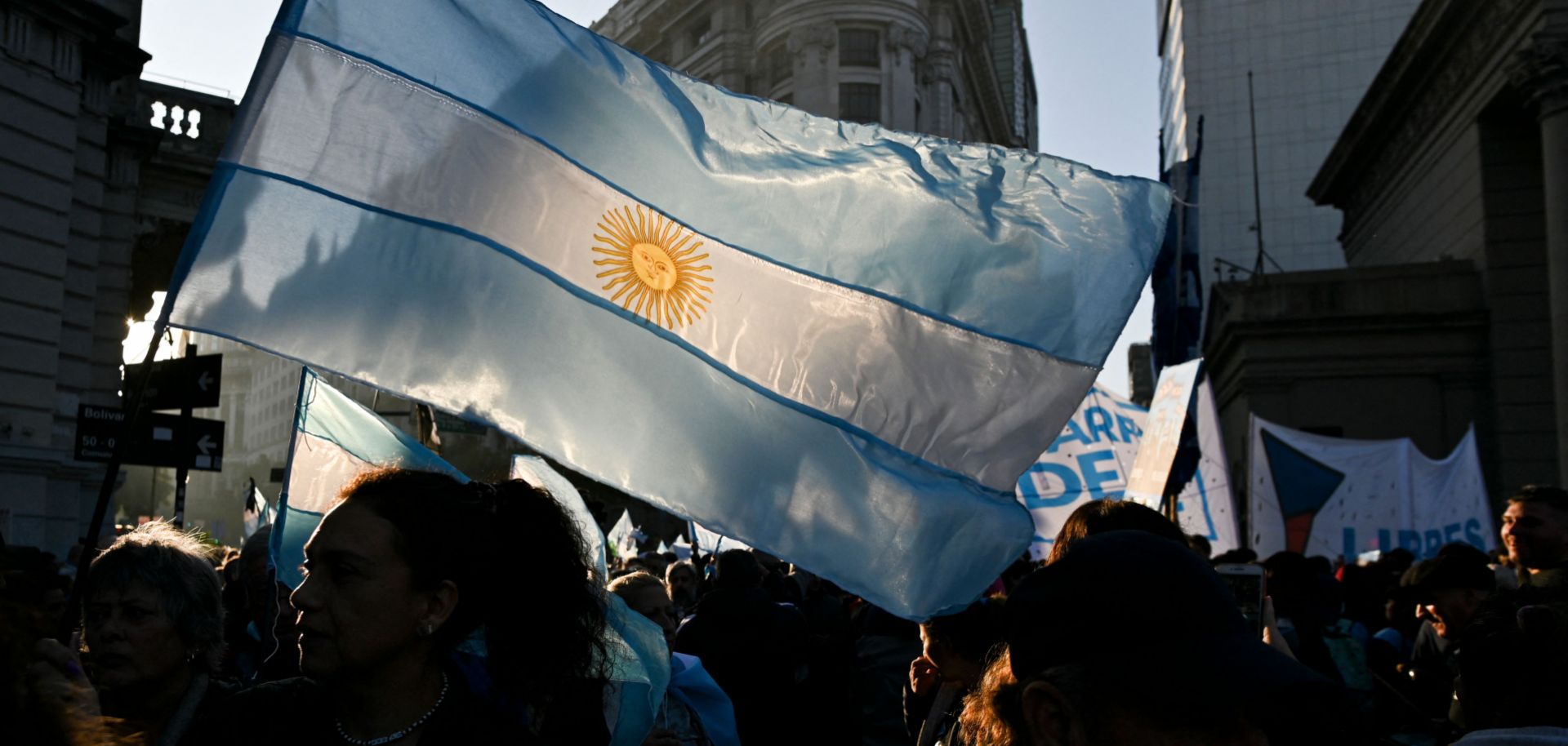No Rest for the Weary
PERU

Protests broke out in Peru over the weekend after President Dina Boluarte said she would request expanded legislative powers and potentially reconfigure a historically unpopular congress, France24 reported.
Demanding the resignation of the president, protesters in the capital of Lima attempted to reach the congressional building but were held back by police after clashing briefly.
The demonstrations broke out after an independence day speech in Lima, where the president said she would request extraordinary legislative powers from congress for 120 days to fight crime. She also said she was considering changing the congress from a unicameral legislature to a bicameral body.
The current congress is dominated by right-wing parties and has a single-digit approval rating. Meanwhile, recent polls show that 80 percent of Peruvians want early elections and 75 percent want Boluarte to resign. The next elections are scheduled for 2026.
Boluarte, who took office after leftist president Pedro Castillo was removed from the presidency and jailed last December, has faced waves of violent protests that have killed more than 60 people.
The deadly clashes between demonstrators and security forces have led to more protests and allegations of human rights abuses against Boluarte, who is facing multiple investigations for her actions during the demonstrations.
Boluarte has called the protests a “threat against democracy” even as she called for reconciliation.
Amnesty International in a report earlier this year said the president oversaw police and armed forces that with “contempt” for Indigenous populations had repeatedly violated international human rights standards by using “lethal ammunition to control demonstrations.”
Peru, long plagued by instability, has had seven presidents in seven years, noted NPR, adding that the country also has the distinction of having the most former presidents in jail: Three are currently serving time in a special prison to house the former leaders.
There is no more room, the broadcaster added.



